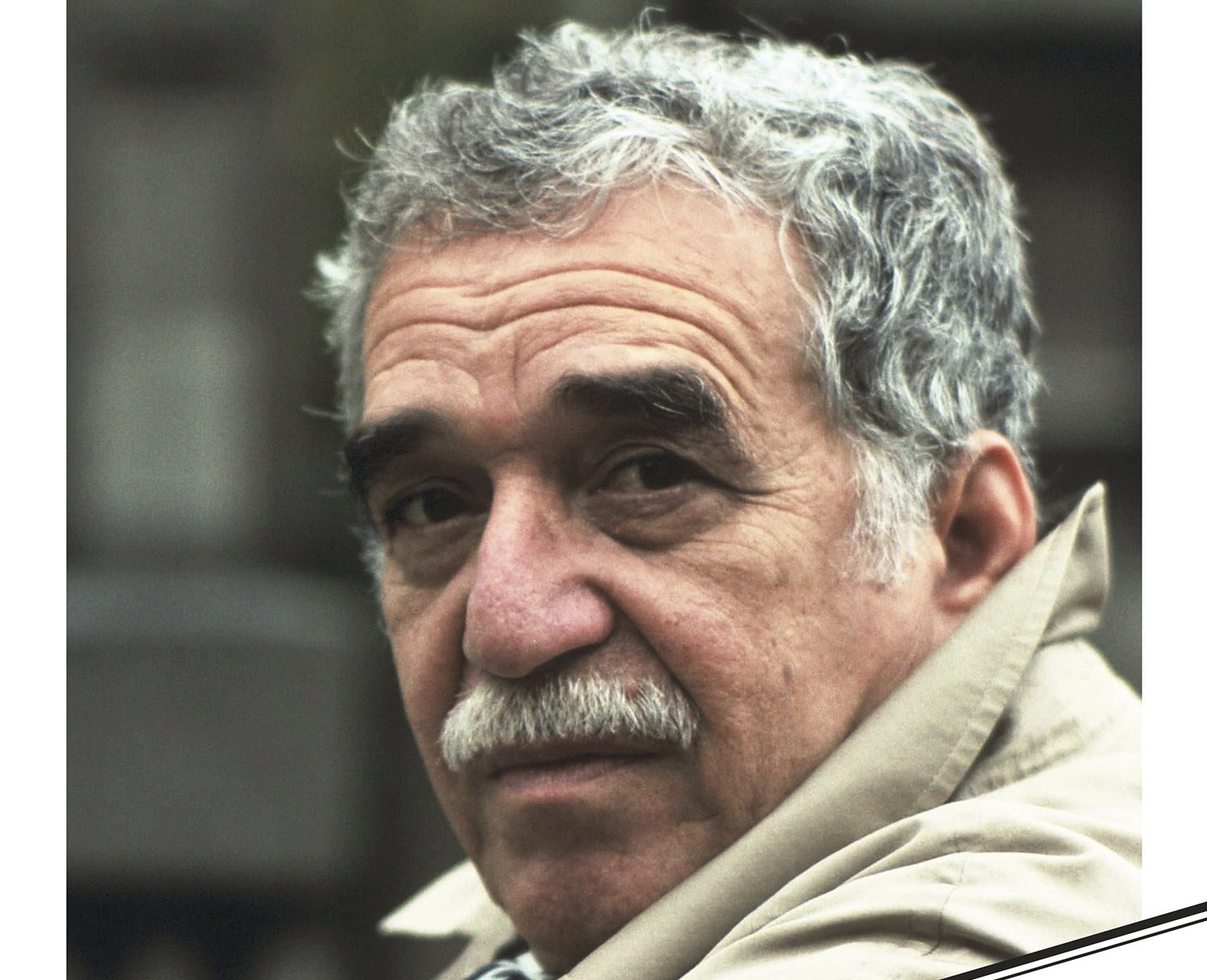
“The Scandal of the Century and Other Writings,” by Gabriel Garcia Marquez (Alfred A. Knopf).
Although he was awarded the Nobel Prize for literature, Gabriel Garcia Marquez’s first love was journalism. Calling it “the best job in the world,” he said, “I am basically a journalist. All my life I have been a journalist. My books are the books of a journalist, even if it’s not so noticeable.”
That may well be the case. What’s also true is that the 50 pieces in this volume, selected by Cristobal Pera, who helped edit Garcia Marquez’s memoirs, and with an introduction by journalist Jon Lee Anderson, are more than just a little literary.
The topics include a sighting of Ernest Hemingway, one of his literary heroes, in 1957, when Garcia Marquez was just a 28-year-old journalist at loose ends in Paris; and a magnificent, lushly poetic tribute to John Lennon written after the Beatle’s 1980 assassination.
“In a century in which the winners are always those who hit hardest, who take the most votes, who score the most goals, the richest men and the most beautiful women, the commotion caused all over the world by the death of a man who has done nothing but sing to love is encouraging. It’s the apotheosis of those who never win.” That’s at the beginning, and it only gets better.
What’s particularly striking is how timely and relevant many of the dispatches are today, even though the most recent was written 35 years ago, after he’d already won his Nobel and earned universal acclaim for beloved works like “One Hundred Years of Solitude” and “The Autumn of the Patriarch.”
Consider a pair of essays written in the ’70s reflecting on the overthrow of military dictators in Venezuela (1958) and Cuba (1959), both of which he covered. His descriptions of Havana under Batista and the years immediately afterward — “Cuba soon found that it was not actually a distinct country but rather a commercial peninsula of the United States” — still resonate today as Venezuela devolves into crisis and the U.S. doubles down on its longstanding trade embargo against Cuba. Also, his alarm about ecological devastation in South America was prescient. “The Magdalena River is dead,” he wrote in 1981 about the principal river in his native Colombia. “People speak too easily of reforestation.”
As in any anthology, some of the pieces are better than others. His style can be baroque. He repeats himself. He appears to believe in ghosts. But taken together, the writing here offers readers a splendid opportunity to sit for a few hours in the presence of a storyteller of spellbinding genius and humanity.q















